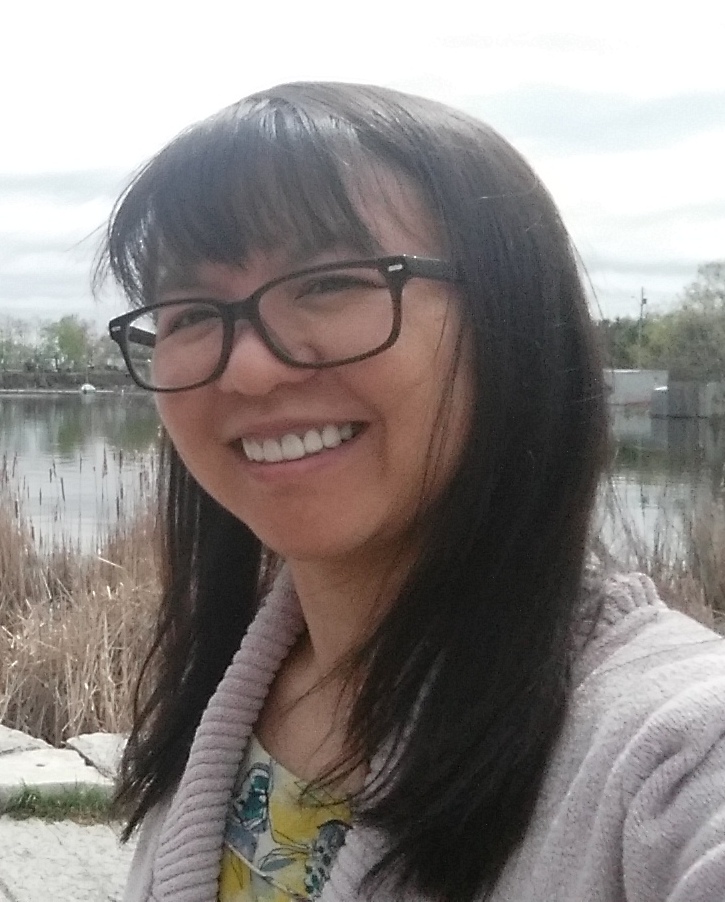Online Psychotherapy for Anxiety and Depression in Youth
What do we already know?
After decades of research and collective practice, mental health care clinicians generally regard cognitive behaviour therapy (CBT) as the treatment of choice for mild to moderate depression and anxiety in people of all ages. Face-to-face psychotherapy is the gold standard. However, often it is inaccessible due to barriers such as wait-times, distance and cost.
Fortunately, CBT delivered via electronic means (aka: e-therapy or distance therapy) has been shown to be just as effective as face-to-face psychotherapy for adults when targeting symptoms of depression, anxiety, insomnia, and somatic disorders.
Advantages of e-Therapy or Distance Therapy:
- Can be made available any time of the day
- Can be completely anonymous
- Can be accessible at any place
- Can be adapted to individual preferences for pacing and mode of delivery
- Can be inexpensive
- No travel required for the client
- Lower overhead costs for provider
- Creative interfaces and varied platforms for interactivity
- Appealing to youth and children grown up in the “Age of Internet”
What type of research was this?
Dr. David D. Ebert from Leuphana University, Luenenburg, Germany and his colleagues asked the question: What is the effectiveness of internet and computer-based CBT (cCBT) for anxiety and depression in youth?.
The researchers conducted a meta-analysis of 13 randomized controlled trials involving a total of 796 children and adolescents up to the age of 25. These research participants were treated for anxiety and/or depression with computer-, Internet-, or mobile-based CBT (cCBT). Seven of the 13 studies addressed anxiety only, four of the 13 depression only, and the rest targeted both anxiety and depression.
What did the researchers find?
The researchers found that overall, cCBT provided to 3 clients will result in improvement in symptoms of depression and anxiety in 1 client (Number Needed To Treat = 2.56). Dr. Ebert and his colleagues concluded cCBT had a moderate to large effect on symptoms of anxiety and depression in children and youth up to the age of 25. Adolescents had better outcomes from cCBT than children 13 years of age and under.
Interestingly, whether a formal diagnosis of a mental health disorder was made, whether a specific condition was targeted, and whether parents were involved did not change outcomes.
What are the limitations of this research study?
- Most of the studies, 11 of the 13, had no follow up to determine the long-term effects of cCBT.
- cCBT was defined broadly to include multiple delivery formats but there was no way for the researchers to determine which electronic mode of delivering CBT was most effective.
- It was difficult to determine whether cCBT was more effective for anxiety or for depression because there were not enough participants treated separately for either disorder to answer the question.
- Participants with severe illness were excluded from the study.
- Bias is possible because usually studies with positive outcomes are published and studies with negative data often go unpublished and the data buried.
- The research was conducted in high-income countries.
How would we provide therapy for depression and anxiety in youth?
Face-to-face psychotherapy for anxiety and depression is proven and effective. Distance psychotherapy is an evolving practice. Evidence is emerging from high quality studies showing its effectiveness for anxiety and depression for clients of all ages. The challenge is to provide high quality care from a distance using electronic aids. We still do not have a clear idea which electronic aids constitute best practices. Research is ongoing to answer this question.
What do expert guidelines say?
We do not have an idea of how to provide high quality care from a distance using electronic aids. In psychiatry, the practice is called “telepsychiatry.” To facility development of “best-practices” for telepsychiatry, the American Academy of Child and Adolescent Psychiatry (AACAP) recommends that clinicians develop quality and clinical outcome indicators to inform and improve future practice.
Outcome indicators should include satisfaction ratings for both technical and clinical aspects of care. Technical ratings would include scales to measure perceived privacy, video and sound quality etc.. Clinical ratings would include scales to measure ability of the child or adolescent to understand and have confidence in the provider. Clinicians should also measure whether telepsychiatry was comparable to in-person appointments, and the level of satisfaction with care quality from both the client and the referring clinician.
The AACAP recognizes psychotherapy as therapeutic conversations and interactions that help children and their families understand psychological problems, change behaviour and their lives for the better. Combinations of different therapies or combination of therapies with medication may be more effective in some children. For a list of different types of psychotherapy used in children and youth, please refer to the AACAP’s FACTS for FAMILIES series No. 86.
References
Ebert DD, Zarski AC, Christensen H, Stikkelbroek Y, Cuijpers P, Berking M, Riper H. Internet and computer-based cognitive behavioral therapy for anxiety and
depression in youth: a meta-analysis of randomized controlled outcome trials. PLoS One. 2015 Mar 18;10(3):e0119895. doi: 10.1371/journal.pone.0119895. eCollection 2015. PubMed PMID: 25786025; PubMed Central PMCID: PMC4364968. Read here.
Myers K, Cain S; Work Group on Quality Issues; American Academy of Child and Adolescent Psychiatry Staff. Practice parameter for telepsychiatry with children
and adolescents. J Am Acad Child Adolesc Psychiatry. 2008 Dec;47(12):1468-83. doi: 10.1097/CHI.0b013e31818b4e13. Review. PubMed PMID: 19034191. Read here.
To find a youth therapist in your area, go to the search page here.
The views expressed in these blogs are the author’s own and not necessarily reflective of those of Psychotherapy Matters. Copyright © 2015 PsychotherapyMatters.com
